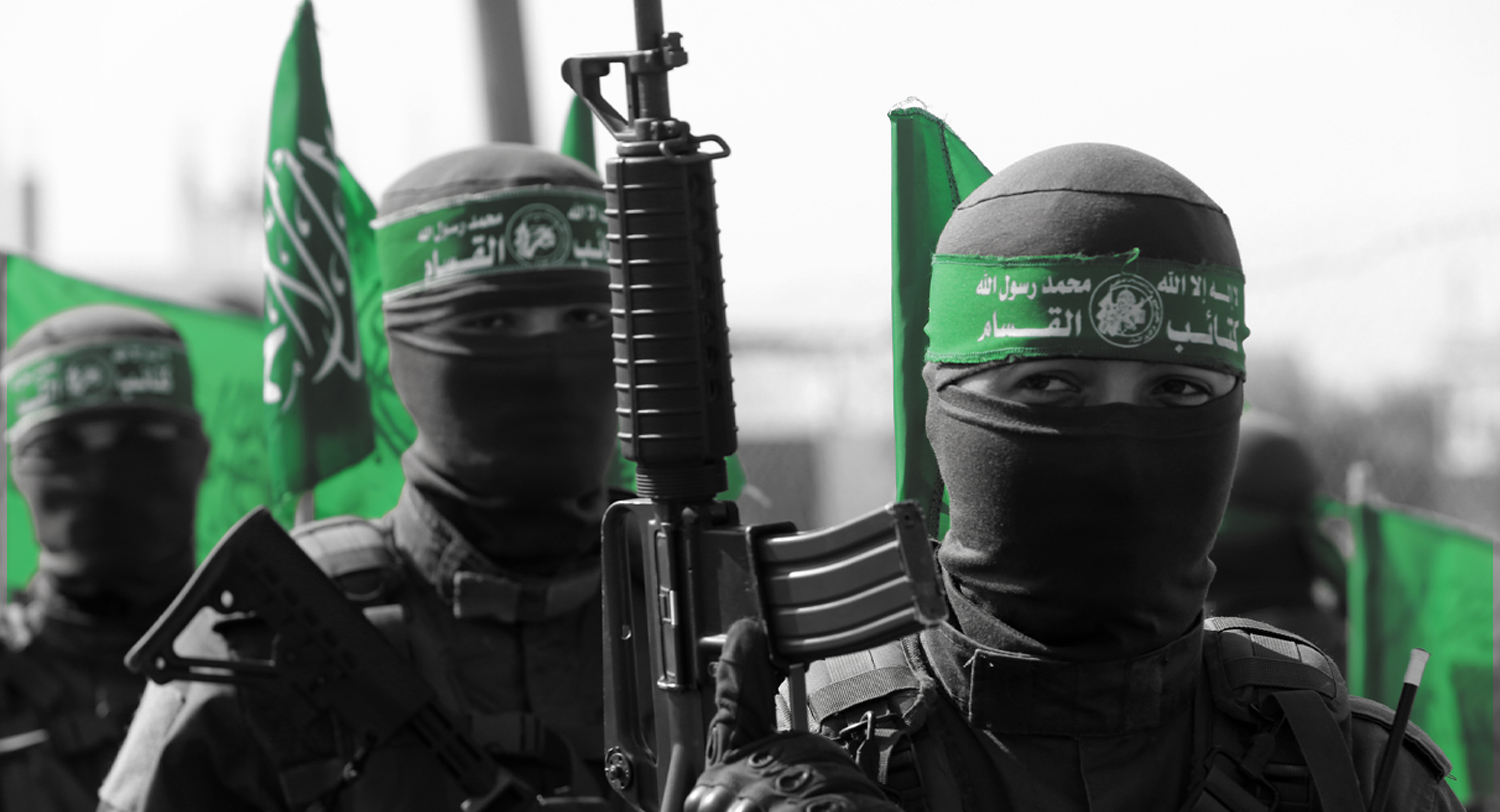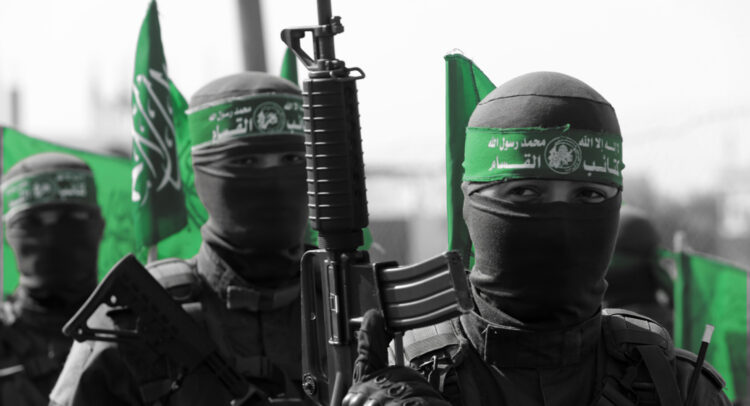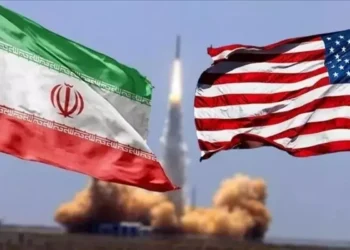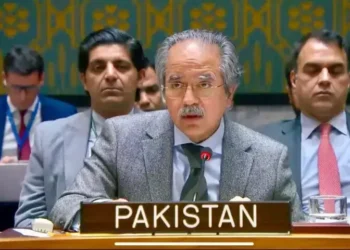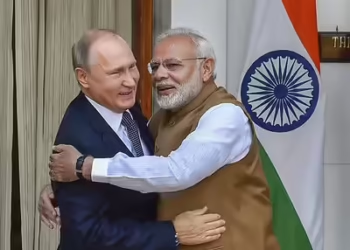Islamabad (Monitoring Desk) Hamas has announced its willingness to immediately engage in negotiations on a ceasefire framework for Gaza, even as Israeli attacks on the besieged enclave killed at least 71 Palestinians on Saturday, including 24 people waiting for humanitarian aid.
Following internal consultations and discussions with other Palestinian factions, Hamas issued a statement saying it supports efforts to pursue a truce with Israel but stressed the need for “guarantees” that would ensure any process leads to a lasting ceasefire. This declaration came just ahead of Israeli Prime Minister Benjamin Netanyahu’s scheduled visit to Washington, where U.S. President Donald Trump is pushing for an end to the war, now stretching into its 21st month.
On Friday, Hamas confirmed it had responded “in a positive spirit” to a U.S.-brokered ceasefire proposal. The plan outlines a 60-day pause in fighting, during which hostages would be released and longer-term negotiations aimed at ending the conflict would take place.
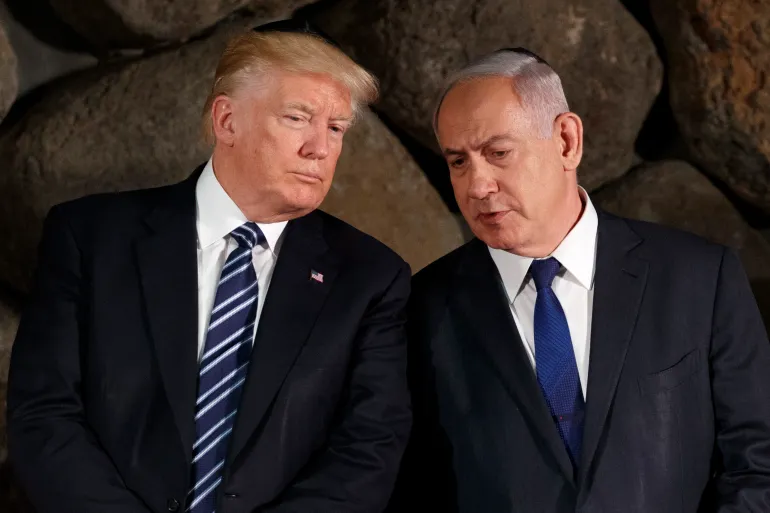
Trump revealed earlier this week that Israel had agreed to “the necessary conditions to finalise” such a deal. Still, despite the U.S. president’s optimism, significant gaps remain. Netanyahu has repeatedly insisted that Hamas must be disarmed — a demand Hamas refuses even to discuss. Meanwhile, a Palestinian official from a group allied with Hamas cautioned that unresolved concerns persist, especially over humanitarian aid, safe passage through the Rafah crossing into Egypt, and clear timelines for Israeli troop withdrawals.
An Egyptian security official told Reuters that Cairo, which along with Qatar is mediating the talks, saw “positive signs” in Hamas’ response but noted some demands still needed to be addressed. Trump, speaking to reporters aboard Air Force One, welcomed the news. “They said they gave me a positive response? Well, that’s good,” he remarked, suggesting a Gaza deal could materialize “next week.”
Despite these diplomatic stirrings, violence on the ground has only escalated. Health officials in Gaza reported at least 138 Palestinians killed in the past 24 hours, with Israeli forces carrying out airstrikes and ground operations across the territory. In southern Gaza’s Khan Younis, an overnight strike on a tent encampment killed 15 displaced people. The Israeli military said its forces eliminated militants, seized weapons, dismantled Hamas outposts, and struck around 100 sites across Gaza.
The war has inflicted staggering human costs: more than 57,000 Palestinians have been killed and over 135,000 wounded since Israel launched its campaign in response to Hamas’ surprise attack on October 7, 2023, which left around 1,200 Israelis dead and 251 taken hostage. Gaza’s infrastructure is devastated, with much of its population of over 2 million displaced and enduring extreme hunger.
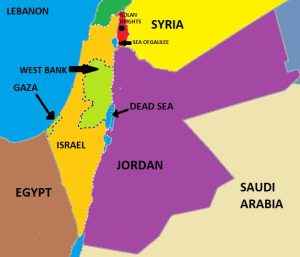
At funerals on Saturday, grief and frustration were palpable. In Khan Younis, 13-year-old Mayar Al Farr mourned her brother Mahmoud, who was shot while trying to collect aid. “There should have been a ceasefire long ago before I lost my brother,” she sobbed. “He went to get a bag of flour so we could eat. Instead, he got a bullet in his neck.”
Meanwhile in Tel Aviv, families of Israeli hostages demonstrated outside the U.S. embassy, urging Trump to secure a comprehensive deal. They set up a symbolic Sabbath dinner table with 50 empty chairs for those still held in Gaza. Gideon Rosenberg, wearing a shirt bearing the image of Avinatan Or — one of 20 hostages believed to still be alive after more than 600 days in captivity — implored, “Only you can make the deal. We want one beautiful deal. One beautiful hostage deal.”
The proposed ceasefire plan reportedly includes the return of 10 hostages during the initial 60-day period and the bodies of 18 others who died in captivity. Ruby Chen, whose 19-year-old son Itay — an American-Israeli dual national and soldier — was killed after being taken by Hamas, demanded Netanyahu return from Washington with an agreement that brings all hostages home. With Israel’s offensive continuing and humanitarian conditions worsening, the stakes for the coming negotiations — if they proceed — could hardly be higher. As U.S. and regional mediators press for an end to the bloodshed, millions in Gaza and Israel wait, hoping that this time diplomacy might finally stop the war’s relentless toll.
